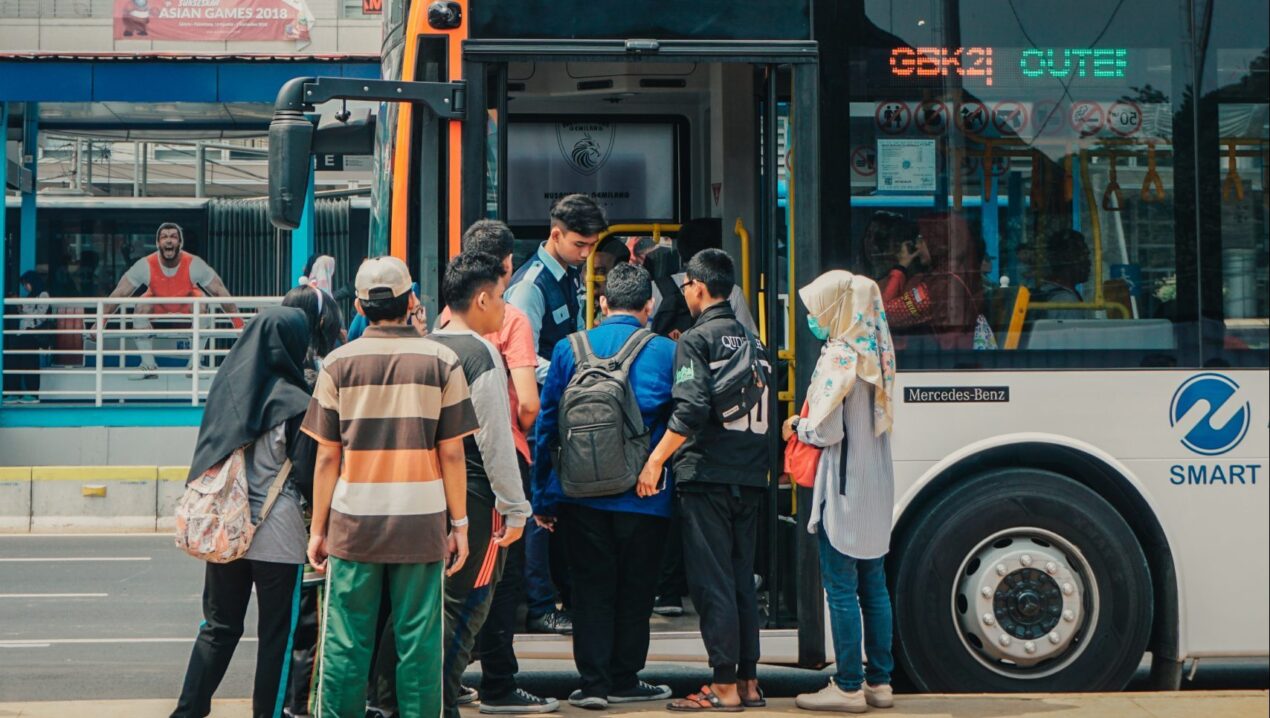
Policy Solution
Idle-free zones
Awareness and Engagement

Case Studies
Summary
Gasoline-powered vehicles lose a majority of their energy as waste heat. Regulating the idling of vehicles can reduce local air temperature, decrease GHG emissions, protect human health.
Implementation
Establish a program for community members to report idling vehicles.
Considerations for Use
Consider providing incentives (e.g. a portion of the fine that vehicle drivers pay) to encourage participation. This intervention can target freight transportation, taxis, or all vehicles in a particular zone or citywide.
Overview
Climate:
Cold, Hot/Dry, Hot/Humid, TemperatePolicy Levers:
Awareness and EngagementGovernments may design and operate programs with the goal of increasing awareness and engagement among constituents or stakeholder groups about the risks and opportunities of extreme heat.Trigger Points:
City planning processesIncludes city initiatives such as the development of climate action plan, pathway to zero-energy, master plan, transit plan, energy mapping etc.No-regrets actions (low cost/low effort but substantial benefit)Interventions that are relatively low-cost and low effort (in terms of requisite dependencies) but have substantial environmental and/or social benefits.Intervention Types:
Planning/PolicySectors:
Transportation
Case Studies
Impact
Target Beneficiaries:
Heat-vulnerable communities, ResidentsPhase of Impact:
Risk reduction and mitigationMetrics:
Changes in traffic or congestion
Implementation
Intervention Scale:
City, NeighborhoodAuthority and Governance:
City governmentImplementation Timeline:
Short-term (1-2 Years)Implementation Stakeholders:
City governmentFunding Sources:
Public investmentCapacity to Act:
HighBenefits
Cost-Benefit:
LowPublic Good:
MediumGHG Reduction:
MediumCo-benefits (Climate/Environmental):
Reduce air and water pollution, Reduce greenhouse gas emissionsCo-benefits (Social/Economic):
Improve human health